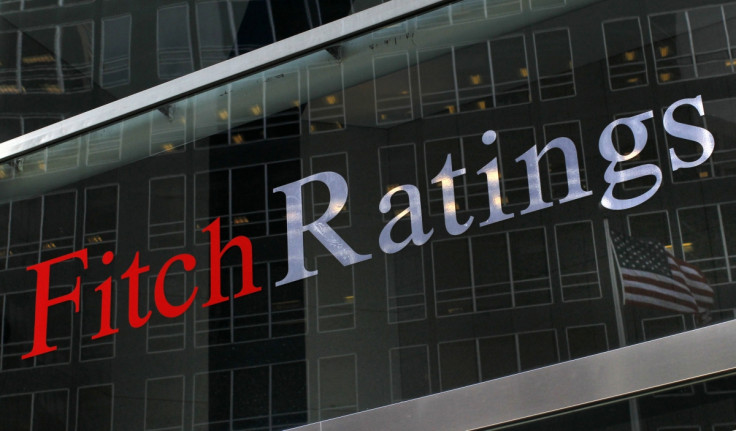Fitch Cuts Global GDP Forecasts for Next Two Years

Fitch Ratings has cut its global GDP growth forecasts for this year and the next as emerging market economies would slow more than expected, the rating firm said in its September edition of Global Economic Outlook.
World GDP will grow 2.6% in 2014, 3% in 2015 and 3.1% 2016, according to the latest estimates by Fitch. The 2014 and 2015 forecasts are both 0.1pp lower than in the June GEO.
"The contribution of major advanced economies to global expansion will gradually increase, while growth will remain subdued in emerging markets after the cyclical trough this year," Fitch said.
Major Emerging Market Economies
Fitch expects China's GDP growth to moderate to 7.2% in 2014, 6.8% in 2015 and 6.5% in 2016 on account of its gradual rebalancing.
Brazil is now in recession and Russia close to it. Fitch said it expects both to see only a subdued recovery in 2015 and 2016, underperforming most peers.
India will be the only BRIC country where growth picks up in 2014 to 5.6% and accelerates further to 6.5% in 2015 and 2016, owing to an expected improvement in the business environment.
Developed World
For the US, Fitch maintains its forecast of robust GDP growth of 3.1% in 2015 and 3% in 2016, up from 2.2% in 2014. The economy rebounded strongly in the second quarter this year after a temporary setback in the previous quarter.
The rating agency has forecast a eurozone GDP growth of 0.9% in 2014, followed by 1.3% in 2015 and 1.5% in 2016, slightly weaker than in the June GEO, due primarily to a sharp slowdown in Germany.
Fitch said growth in the UK has been strong and broad-based and has maintained its forecast that growth will slow from 3% in 2014 to 2.5% in 2015 and 2.3% in 2016, as it moves to its medium-term potential rate of 2%-2.25%.
According to Fitch, the underlying momentum of the Japanese economy is uncertain after sharper-than-expected contraction in the second quarter this year. It has revised down the growth forecast to 1.4% in 2014, from 1.6% previously but maintained the 2015 and 2016 projections at 1.3%.
Divergence
The coming quarters will see increasing divergence of monetary conditions in major economies after six years of synchronised, ultra-loose monetary stance.
Fitch said it expects the Fed and Bank of England to start gradually tightening policy over the next few quarters.
Meanwhile, the ECB announced further easing measures at its September meeting and the Bank of Japan is continuing with its qualitative and quantitative easing strategy. The ECB and BoJ are likely to keep interest rates unchanged until at least 2016, Fitch said.
Alternate Scenario
An alternative global economic scenario according to Fitch would be related to the global impact of a US interest rate shock.
In this scenario, the Federal Funds rate increases to 5% and the ten-year US yield reaches 6% by end-2016, triggered by an initial inflation shock as the economy runs out of spare capacity much sooner than policy makers and the markets currently expect.
Furthermore, volatility spikes in global financial markets and leads to a 150 basis points increase in global risk premium.
© Copyright IBTimes 2025. All rights reserved.






















